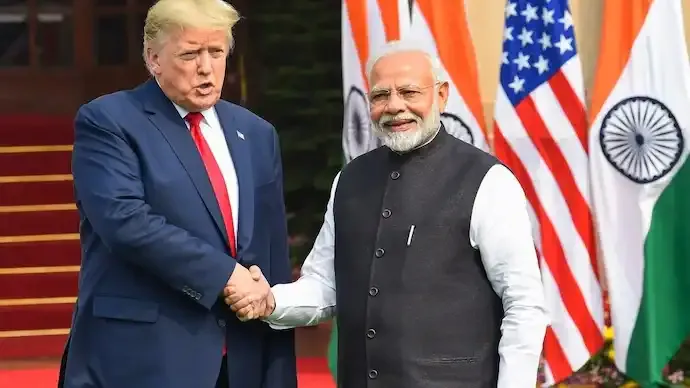Shopping cart
Your cart empty!
Terms of use dolor sit amet consectetur, adipisicing elit. Recusandae provident ullam aperiam quo ad non corrupti sit vel quam repellat ipsa quod sed, repellendus adipisci, ducimus ea modi odio assumenda.
Lorem ipsum dolor sit amet consectetur adipisicing elit. Sequi, cum esse possimus officiis amet ea voluptatibus libero! Dolorum assumenda esse, deserunt ipsum ad iusto! Praesentium error nobis tenetur at, quis nostrum facere excepturi architecto totam.
Lorem ipsum dolor sit amet consectetur adipisicing elit. Inventore, soluta alias eaque modi ipsum sint iusto fugiat vero velit rerum.
Sequi, cum esse possimus officiis amet ea voluptatibus libero! Dolorum assumenda esse, deserunt ipsum ad iusto! Praesentium error nobis tenetur at, quis nostrum facere excepturi architecto totam.
Lorem ipsum dolor sit amet consectetur adipisicing elit. Inventore, soluta alias eaque modi ipsum sint iusto fugiat vero velit rerum.
Dolor sit amet consectetur adipisicing elit. Sequi, cum esse possimus officiis amet ea voluptatibus libero! Dolorum assumenda esse, deserunt ipsum ad iusto! Praesentium error nobis tenetur at, quis nostrum facere excepturi architecto totam.
Lorem ipsum dolor sit amet consectetur adipisicing elit. Inventore, soluta alias eaque modi ipsum sint iusto fugiat vero velit rerum.
Sit amet consectetur adipisicing elit. Sequi, cum esse possimus officiis amet ea voluptatibus libero! Dolorum assumenda esse, deserunt ipsum ad iusto! Praesentium error nobis tenetur at, quis nostrum facere excepturi architecto totam.
Lorem ipsum dolor sit amet consectetur adipisicing elit. Inventore, soluta alias eaque modi ipsum sint iusto fugiat vero velit rerum.
Do you agree to our terms? Sign up

A group of US lawmakers has urged President Donald Trump to reconsider his controversial order imposing a $100,000 fee on H-1B visa petitions, arguing that the move could severely undermine America’s technological leadership and its growing strategic partnership with India.
In a letter to the White House, Representatives Jimmy Panetta, Ami Bera, Salud Carbajal, and Julie Johnson appealed to the administration to suspend the September 19 order titled “Restriction on Entry of Certain Nonimmigrant Workers.” The lawmakers argued that the steep new fees and restrictions on H-1B visas would damage the United States’ innovation ecosystem and global competitiveness.
The legislators emphasized that the H-1B visa programme—which allows US employers to hire foreign professionals in specialty fields—has long been a cornerstone of American innovation. They pointed out that Indian nationals make up 71% of all H-1B visa holders, playing a crucial role in driving breakthroughs in artificial intelligence, software engineering, and research.
“At a time when nations like China are investing heavily in AI and emerging technologies, the US must strengthen, not restrict, its access to global talent,” the lawmakers noted. They warned that the $100,000 fee would make it difficult for startups and research organizations to compete with large corporations, potentially narrowing the pool of innovation.
Congressman Panetta highlighted that the value of the H-1B programme extends far beyond workforce requirements. “It is a key reason why the United States continues to lead in technological advancement, particularly during the AI revolution,” he said. The representatives stressed that professionals under the H-1B programme boost patent creation, business innovation, and job growth, contributing to both economic and academic excellence.
The lawmakers also raised diplomatic concerns, cautioning that restrictive visa policies could harm relations with India, one of America’s strongest democratic allies in the Indo-Pacific. They stated that fostering skilled migration from India not only strengthens bilateral cooperation but also enhances local economies and civic life in the United States.
They concluded that preserving and expanding the H-1B programme is essential for securing US leadership in science, technology, and artificial intelligence—the sectors that will define global influence in the 21st century.
In essence, the lawmakers’ message is clear: America’s global tech dominance and AI progress depend on retaining its connection with Indian talent—and imposing exorbitant barriers risks both innovation and diplomacy.
5
Published: 13h ago